Traditional stick game tournament demands focus, keen perception
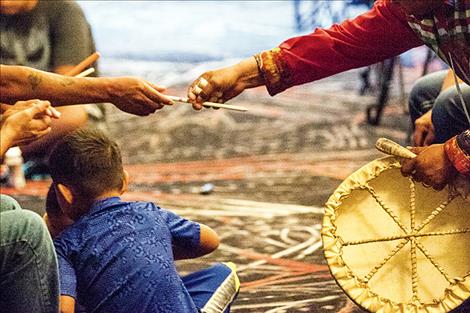
Nicole Tavenner
Sharp Minds
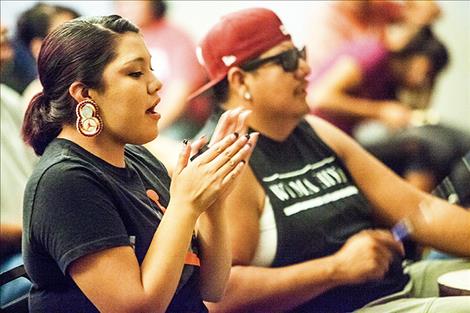
Nicole Tavenner
Sage Hall sings to distract the opposing team.
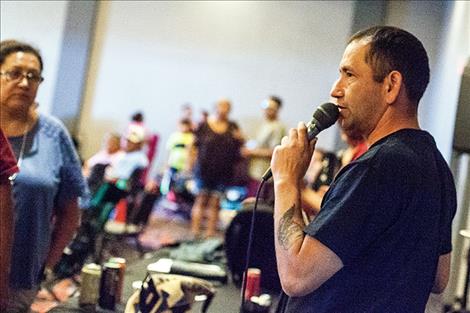
Nicole Tavenner
Stick game tournament coordinator Rusty Farmer keeps the games moving.
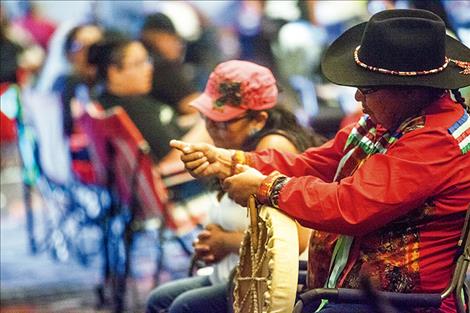
Nicole Tavenner
The traditional game, Weston explained, involves patterns and logic. “It’s very much about observing. So basically, we are reading body language,” he said. From the moment they meet, players are watching how others pick up their phone, drink their coffee and shake hands. As the bones are hidden, players are observing players’ knuckles; which ones are tight, which are relaxed? “They’re being watched like a hawk in the sky,” Weston said, explaining that the game requires focus, concentration and endurance. “You’re trying to outsmart and outwit your opponent,” he added. “People get so lazy in their thinking. Our culture and tradition is trying to bring that (focus and concentration) back. Weston travels the world to speak to people about the traditional game. “We’re trying to get more youth involved,” he said. “You don’t have to be native. It’s addictive. There’s no politics, no religion, and you can play for free for fun,
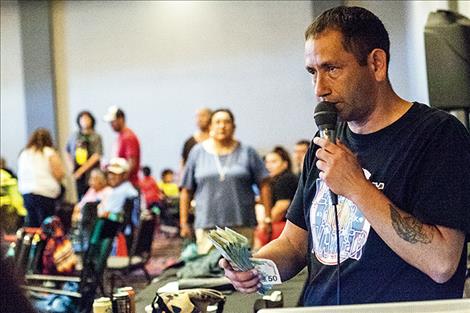
Nicole Tavenner
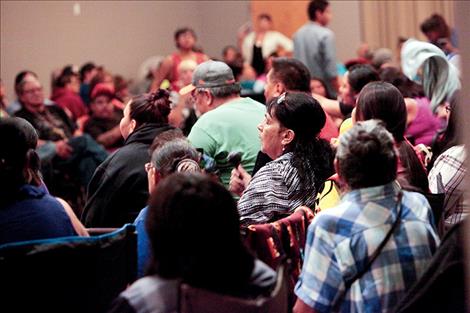
Nicole Tavenner
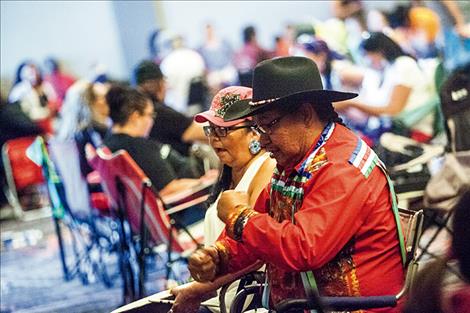
Nicole Tavenner
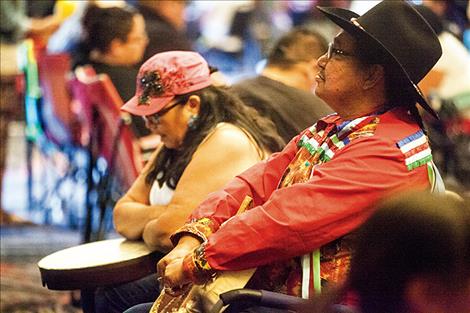
Nicole Tavenner
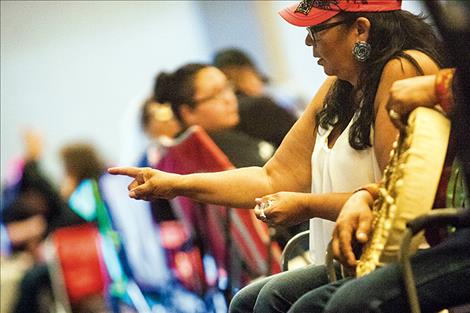
Nicole Tavenner
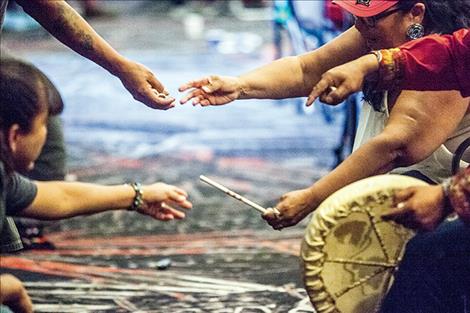
Nicole Tavenner
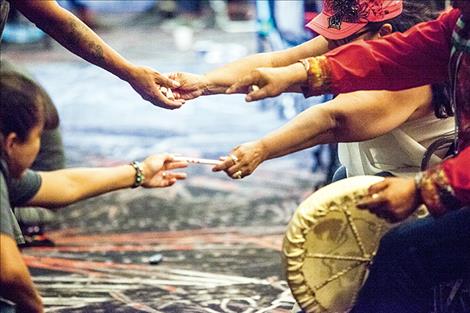
Nicole Tavenner
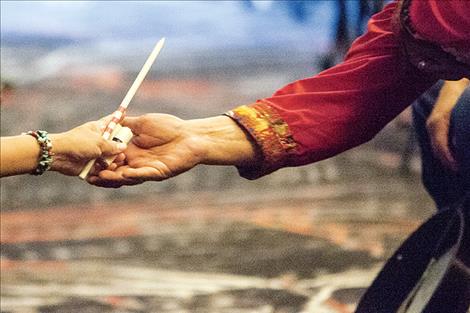
Nicole Tavenner
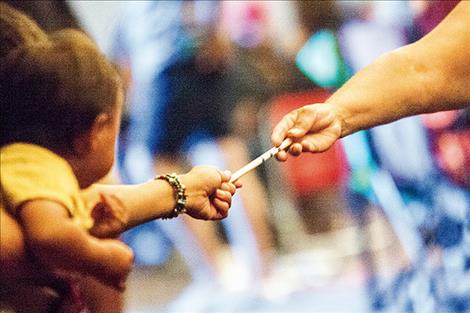
Nicole Tavenner
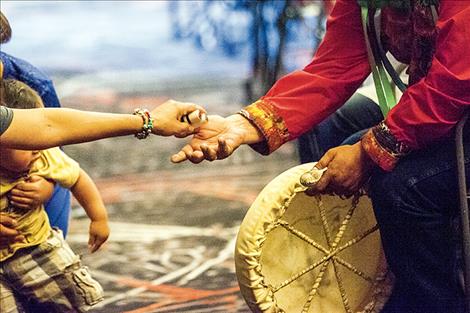
Nicole Tavenner
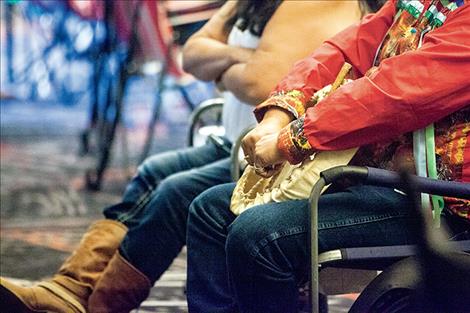
Nicole Tavenner
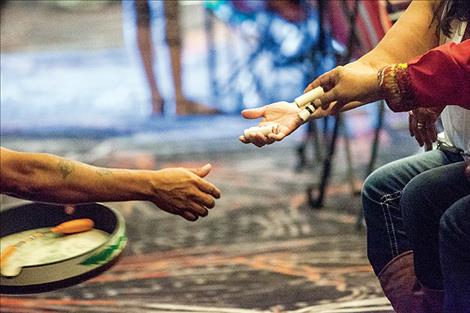
Nicole Tavenner
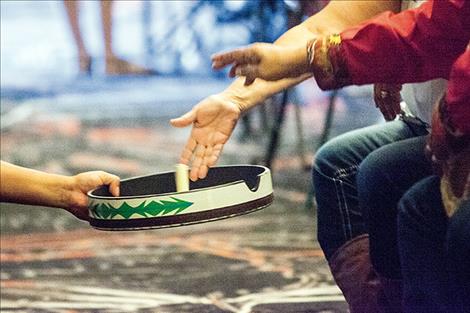
Nicole Tavenner
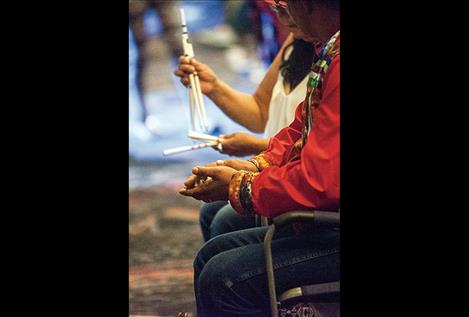
Nicole Tavenner
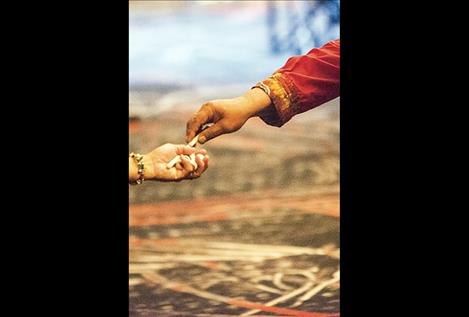
Nicole Tavenner
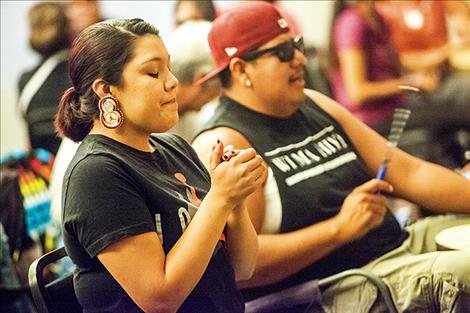
Nicole Tavenner
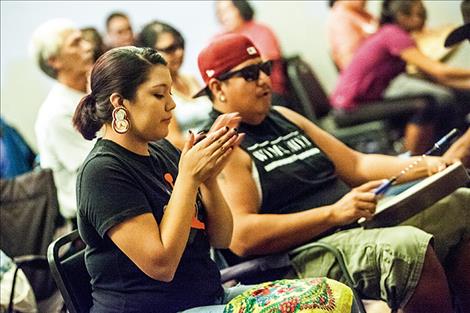
Nicole Tavenner
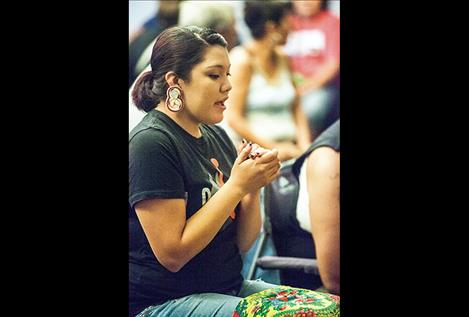
Nicole Tavenner
Issue Date: 9/14/2016
Last Updated: 9/13/2016 6:01:05 PM |
By
Linda Sappington
Keep Reading!
You’ve reached the limit of 3 free articles - but don’t let that stop you.















